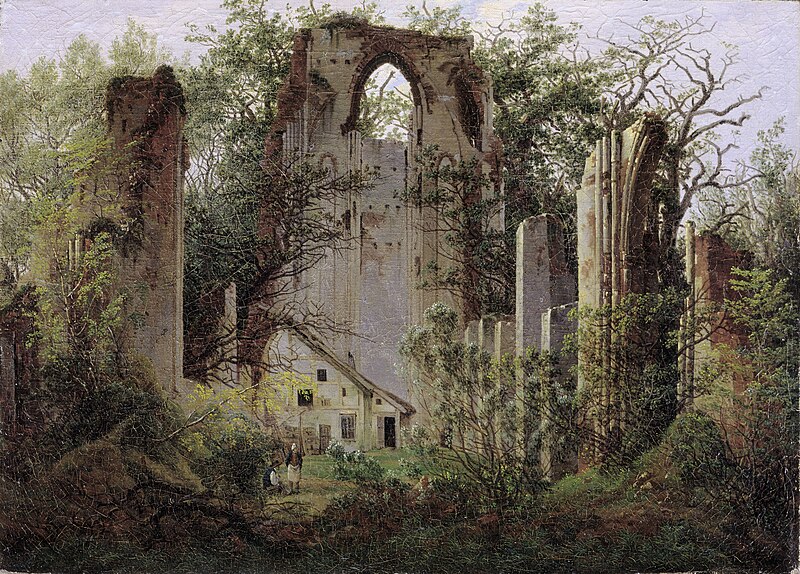
Richard Jefferies’ 1885 novel After London is one of the first post-apocalypse stories, an adventure tale set in a future England after an unspecified catastrophe has destroyed civilization, cut off communication with the continent, and set the surviving human population back to a quasi-medieval existence among the overgrown ruins of the “ancients.” The nature of the disaster is never explained, but it must have been prodigious — the interior of the island is now filled with an immense freshwater lake, and the old capital is now choked under poisonous vapors; one old house collapses like salt at the hero’s touch.
The first section, called “The Relapse Into Barbarism,” reads like a nonfiction natural history, describing in detail how nature reclaims the ruins in the decades after the conflagration. The longer second section, “Wild England,” recounts the adventures of the young nobleman Felix Aquila as he leaves the stultifying court life in which he has been raised and rows out onto the lake in a homemade canoe.
Why invent such a richly detailed future when the story is essentially a medieval romance? Why withhold the nature of the disaster? Felix’s adventures in this world seem to unfold as if unplanned, as if Jefferies invented it simply to explore it, to commune with his own creative faculty. He doesn’t seem to know what he’ll find in his own imagination.
The full text is available at Project Gutenberg and on Google Books, and there’s a free audio version at Librivox.
